It began, as these things often do, in Lagos, with a sky that couldn’t hold its peace.
By dawn on Monday, streets had turned to streams, vehicles floated like abandoned toys, and whole neighbourhoods (from Ajegunle to Ikorodu) stood knee-deep in a problem no one could ignore. But unlike in the past years, something else arrived with the water: a swift and unusually frank warning from Tokunbo Wahab, Lagos State’s Commissioner for Environment and Water Resources.
Wahab didn’t bother with euphemisms. In a live interview, he named Lekki, Ajegunle, Majidun, and Isheri—lowlands that must now consider a temporary exodus. “Move to the uplands,” he said. “Nature will take its course, but we must mitigate its impact.”
If Wahab’s words felt rehearsed, it’s because they were. The Nigerian Meteorological Agency had sounded the alarm as early as March. Wahab says he briefed Lagosians five times before the rains hit. He calls it proactive governance. Some call it rare honesty.
This is not his first rodeo. A trained lawyer with Ivy League credentials and a résumé that runs through Aluko & Oyebode and the Harvard Kennedy School, Wahab brings legal precision to environmental chaos. Under his leadership, Lagos has cleared drainage paths and expanded water channels, even as he continues to push for resilient infrastructure.
Still, the task is Sisyphean. Lagos, a coastal titan, sits on a bed of vulnerabilities, one heavy cloud away from paralysis. Wahab acknowledges this without spin. “We won’t tell Lagosians lies,” he said, as viral videos of submerged homes circled social media. His tone may be earnest, but it carries a warning dressed as advice. Move now, or risk regret later. Not all of Lagos is drowning, but the parts that are may serve as a forecast for weather and leadership.






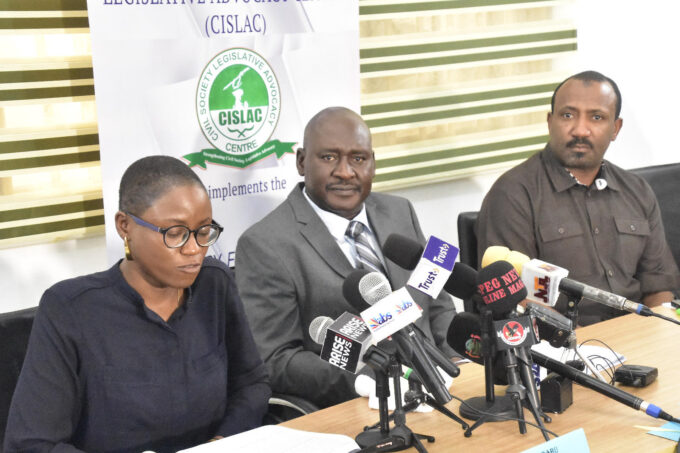


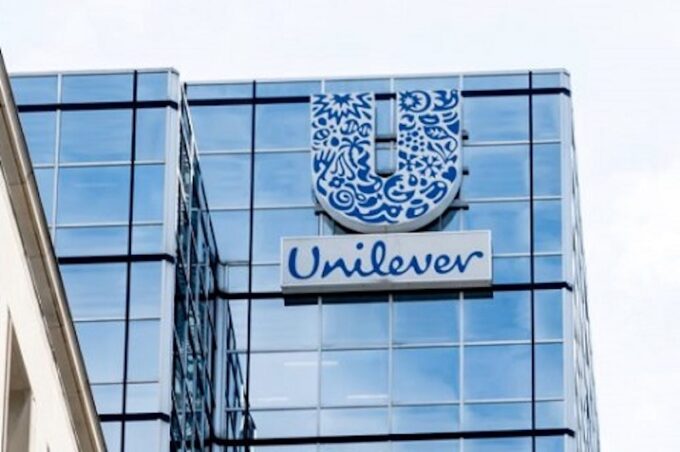
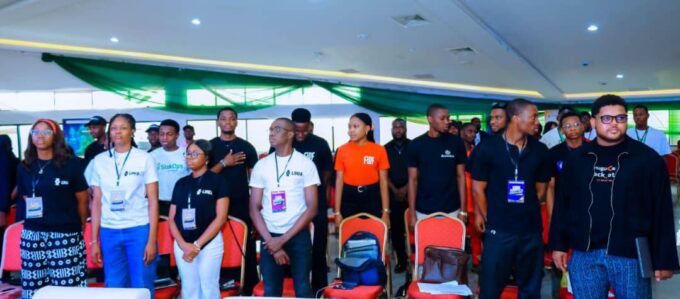
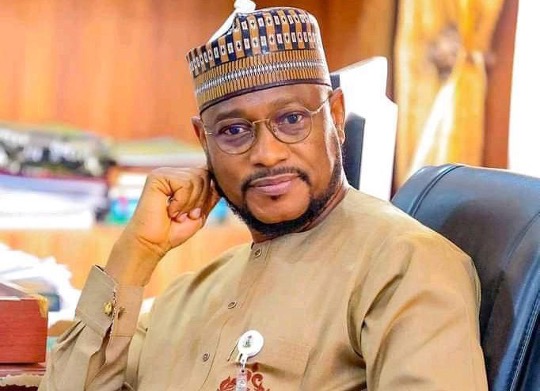



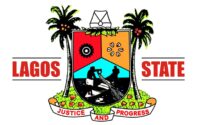


Leave a comment